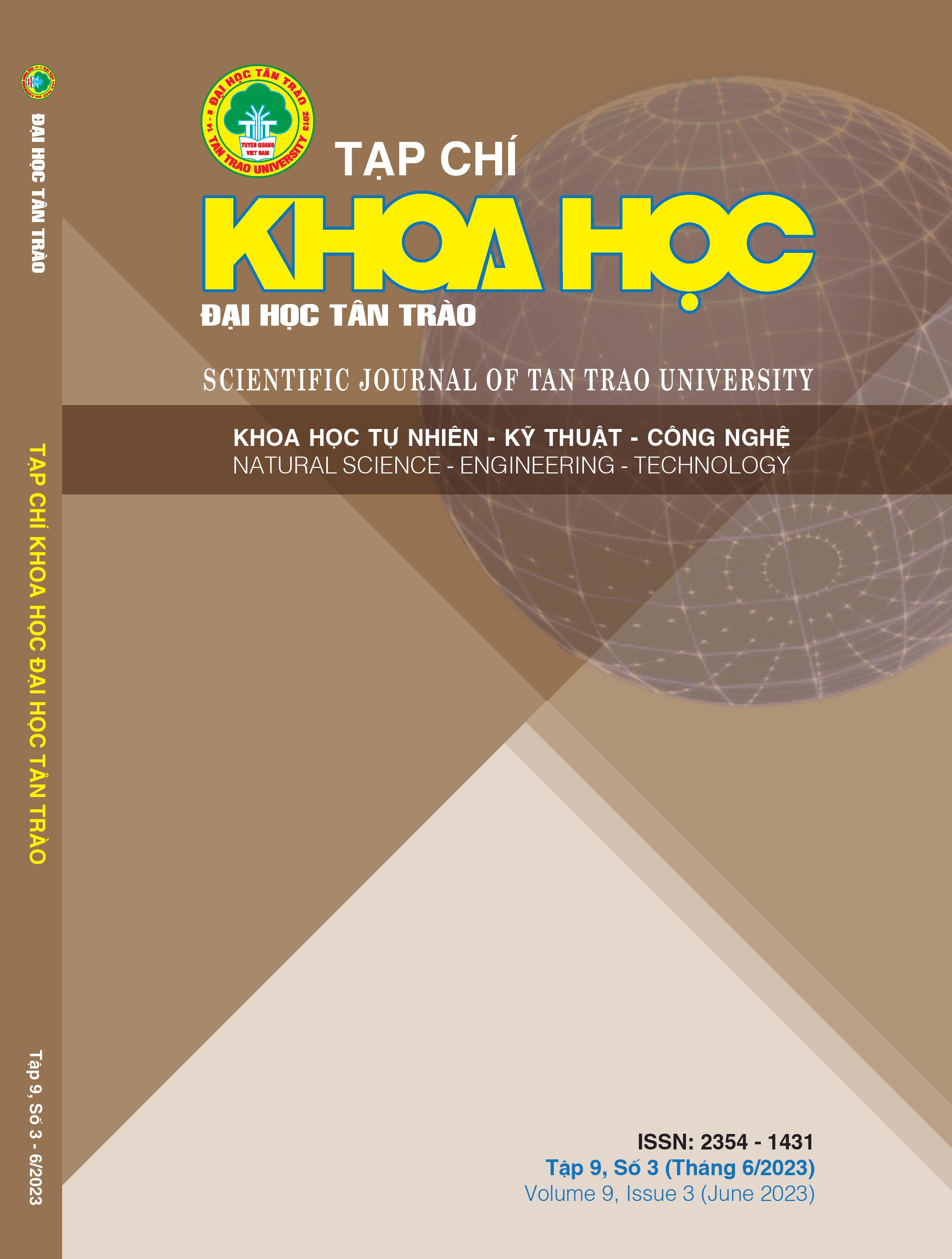A NEW PROJECTION METHOD FOR SOLVING THE SPLIT VARIATIONAL INEQUALITY PROBLEM IN HILBERT SPACES
Keywords:
Split variational inequality problem, Split feasibility problem, Hillbert spaces, Metric projectionAbstract
This paper proposes a new algorithm for solving the split variational inequality problem in Hilbert spaces. In order to solve this problem, we propose a new algorithm and establish a strong convergence theorem for it. Compared with the work by Censor et al. (Numer. Algor., 59:301-323, 2012), the new algorithm gives strong convergence results. It shows that the iterative method converges strongly under weaker assumptions than the ones used recently. Some numerical examples are also given to illustrate the convergence analysis of the considered method.
Downloads
References
[1] Y. Censor, A. Gibali and S. Reich, Algorithms for the split variational inequality problem, Numer. Algorithms, 59 (2012), 301–323.
[2] Moudafi, A.: Viscosity approximation methods for fixed–points problems. J. Math. Anal. Appl., 241, 46–55 (2000)
[3] C. Byrne, Iterative oblique projection onto convex sets and the split feasibility problem, Inverse Probl., 18 (2002), 441–453.
[4] Bauschke HH, Combettes PL. Convex analysis and monotone operator theory in Hilbert spaces. New York: Springer. 2011.
[5] Chidume CE. Geometric properties of Banach spaces and nonlinear iterations. Springer VerlagSeries,LectureNotesinMathematics,ISBN 978-1-84882-189-7. 2009.
[6] Goebel K, Kirk WA. Topics in Metric Fixed Point Theory. Cambridge Stud Adv Math. 28. Cambridge: Cambridge University Press. 1990.
[7] Maingé PE. Strong convergence of projected subgradient methods for nonsmooth and nonstrictly convex minimization. Set-Valued Anal. 2008;16:899–912.
[8] Xu HK. Strong convergence of an iterative method for nonexpansive and accretive operators. J Math Anal Appl. 2006;314(2):631–643.
Downloads
Published
How to Cite
Issue
Section
License

This work is licensed under a Creative Commons Attribution-ShareAlike 4.0 International License.
All articles published in SJTTU are licensed under a Creative Commons Attribution-ShareAlike 4.0 International (CC BY-SA) license. This means anyone is free to copy, transform, or redistribute articles for any lawful purpose in any medium, provided they give appropriate attribution to the original author(s) and SJTTU, link to the license, indicate if changes were made, and redistribute any derivative work under the same license.
Copyright on articles is retained by the respective author(s), without restrictions. A non-exclusive license is granted to SJTTU to publish the article and identify itself as its original publisher, along with the commercial right to include the article in a hardcopy issue for sale to libraries and individuals.
Although the conditions of the CC BY-SA license don't apply to authors (as the copyright holder of your article, you have no restrictions on your rights), by submitting to SJTTU, authors recognize the rights of readers, and must grant any third party the right to use their article to the extent provided by the license.


